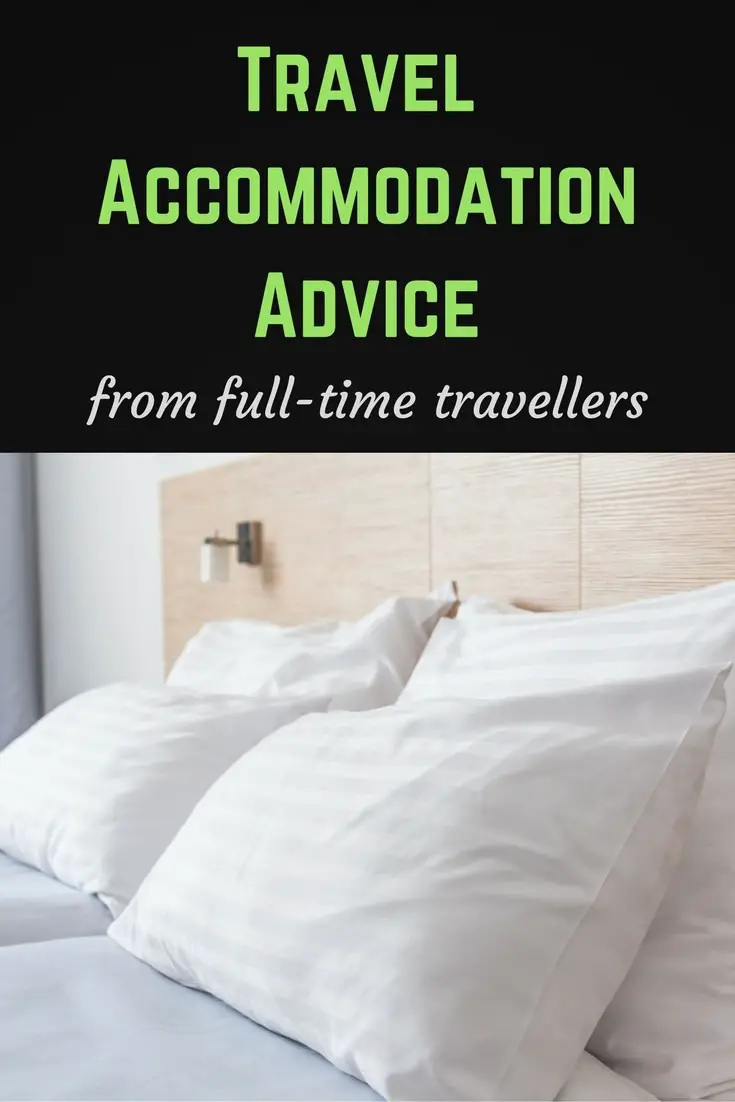
When heading out on the road, you might be overwhelmed by suggestions of where to go and where to stay. I’m sure you’ll have some idea of your dream destination — but once you get there, where do you sleep? There are a multitude of accommodation options, and your choice will be influenced by both your budget and your inclination.
If you click through the links below and then make a reservation, we get a small commission. We love it when you do that!
- Book hostels and hotels with Booking.com.
- Book an apartment rental with AirBnb.
- Sign up to Trusted Housesitters.
Accommodation options
From super-budget to high-end, let’s look at some of the accommodation options for travellers.
Roughing it
Whether it’s sleeping in the airport, on a beach, or in the wilderness, anywhere you don’t have a bed to sleep in or a roof over your head counts as roughing it. It might be inevitable at some point in your travels — even business men sleep in airports sometimes — and it might be your preferred way to sleep. If you’re planning on roughing it a lot, make sure you take a sleeping bag that’s suitable to the conditions, and scout around for any possible dangers before setting up your bed.
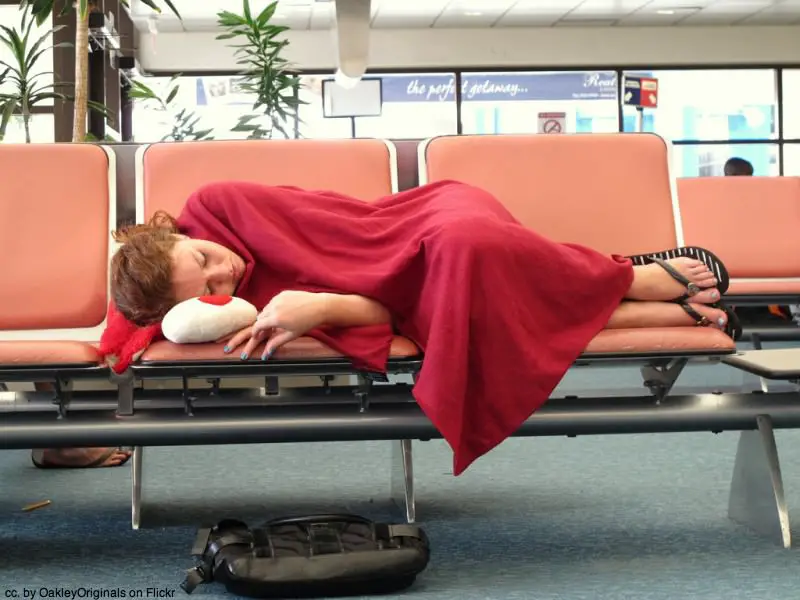
As a guest
Staying with friends and family can be a great way to travel, but it doesn’t necessarily save you much money. Sure, you’re not paying for accommodation, but it’s important to buy a gift and perhaps take your hosts out for a meal — and not at McDonald’s. Remember to be polite, and to not spread your stuff out all over the house.
Couchsurfing
Couchsurfing is similar to staying with friends or family, except that you don’t actually know your hosts. Before you set off to your destination, you can log on to a website like couchsurfing.org or hospitalityclub.org and look for hosts in the place you’re heading to. Then you can get in touch with them via email and hopefully they will offer you a place to stay.
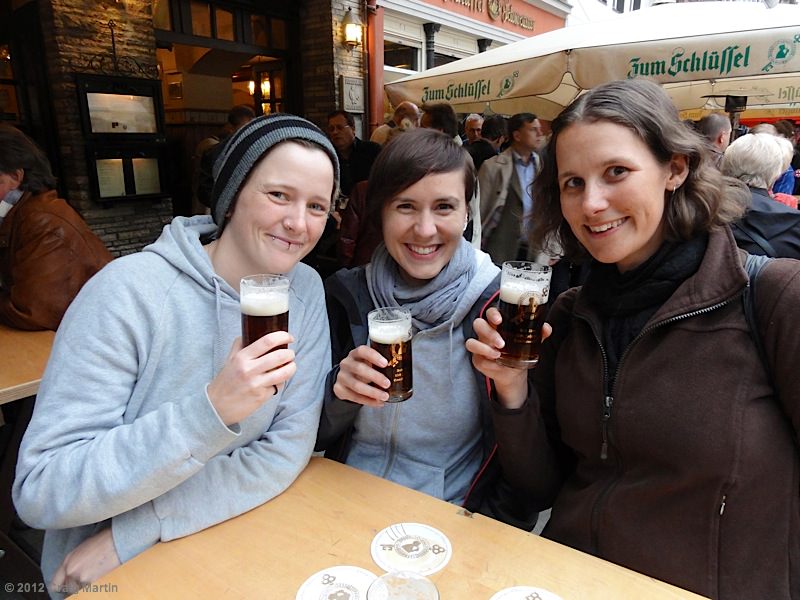
Make sure you approach potential hosts as far in advance as possible, and it’s okay to contact a few people. Some users don’t check their emails as often as you might like, and others don’t contact you if they can’t host you.
The benefit of couchsurfing is that your host is a local, and by being part of the network, it probably interested in travelling. They can recommend the best places to visit, and might even show you around a bit. Be wise though, don’t stay with someone you don’t like the look of — if you’re new to couchsurfing, consider travelling with a partner first.
See: How to couchsurf and Why couchsurfing is perfect for couples.
Take your home with you
The type of accommodation you choose will also be influenced by the type of travel you’re doing. For a road trip, a campervan might be your best option — for the budget version, just throw a tent in the boot of your car.
The benefit of taking your home with you is that you have freedom to stop when you want to. You could sleep at a beach, beside a river, or in a supermarket car park if the fancy takes you. Of course, there are holiday parks where you can power up and take a shower, and some people will choose to stay at one of those every night of the trip. The size of the campervan you choose will be determined by the size of the group and the amount of space you need — but you don’t need a lot.
We like the Spaceship model — a people-mover car converted into a mini-campervan. There’s sleeping space for two people, a fridge, a DVD player and everything you need for cooking. It’s great for exploring in summer, and since it’s a car it’s easy to drive. See Spaceships in New Zealand, Australia and Britain.
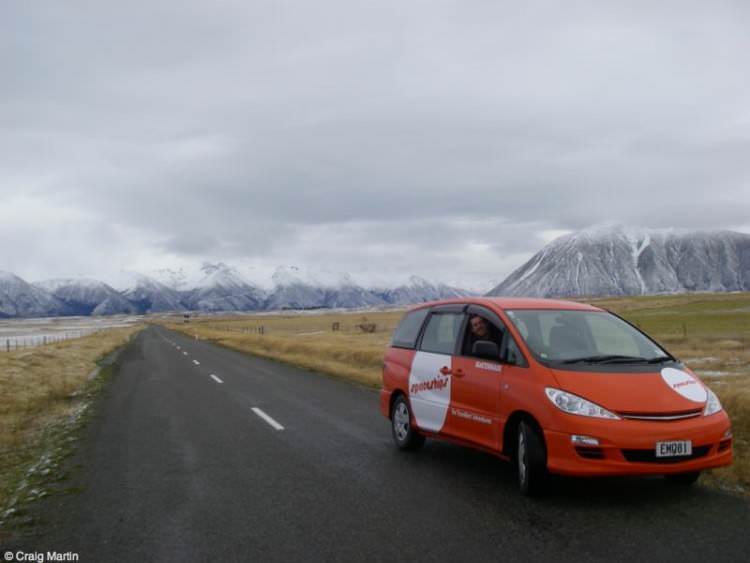
Hostel — dorm
Hostelling is one of the most well-known budget options, and the traditional way to do it is to stay in a dorm with between three and thirty other people. This has its pros and cons. It’s cheap (much cheaper than staying in a hotel), and it’s a great way to meet fellow travellers. But dorm rooms can be noisy, and and your dorm-mates might not have the greatest consideration for you or your belongings.
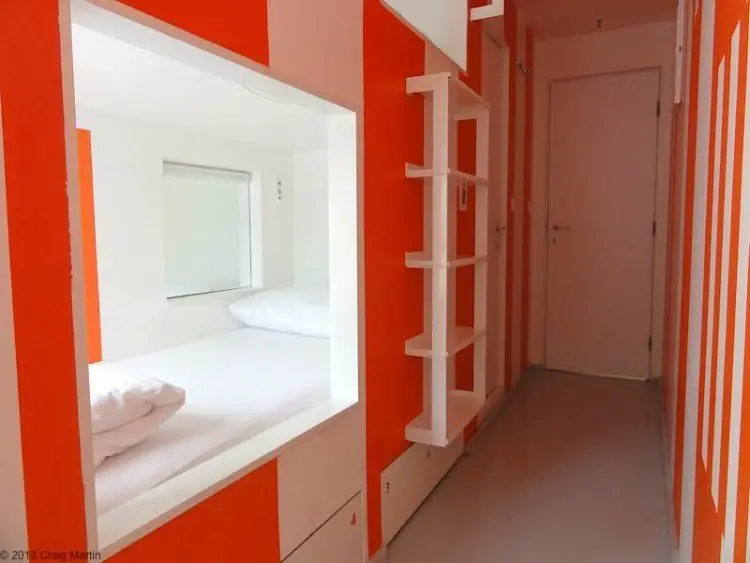
When choosing a hostel to stay in, check out the ratings on the website you’re booking on. Make sure it has high safety, location and cleanliness ratings – “fun” usually means “raucousness” and so a low rating is what I look for there. A smaller dorm is usually going to be quieter than a large one, and if you’re a girl a female-only dorm might be worth considering. Also check out the facilities — if you’re planning on self-catering, a kitchen is important, and if you’re a flashpacker check that wifi is available.
Booking accommodation through https://indietravelpodcast.com/hostels earns Indie Travel Podcast a small commission.
Hostel — private room
A slightly more expensive option that retains all the benefits of hostelling but few of the disadvantages, is to book a private room in a hostel. More and more hostels these days provide private rooms, and some also come with an ensuite. This can be a lot cheaper than a hotel, and you still get the advantage of a kitchen, book exchange and lounge to meet other travellers in.
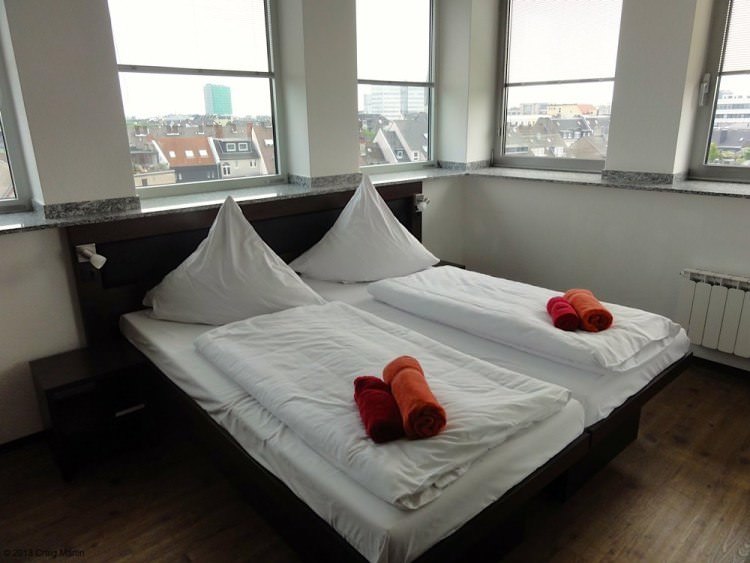
Budget hotel
A new breed of hotel has started to emerge, which don’t have all the features you might expect from a hotel, but also don’t have the high price tag. In Europe the more well-known ones are Hotel Formule 1 and Etap, and there are other options as well. You’ll always have a private room, but you might have to share a bathroom, and sometimes there is no-one on duty overnight. Investigate the oddities of your hotel online before you book.
Motel
Despite their slightly seedy reputation, a motel might be just what you’re after. Since they are generally located on the outskirts of town, you’ll probably need your own transport to get there — hence the name “motor hotel”. Holiday parks often have cabins or private rooms which offer similar features to motel rooms — namely a private room that opens outside, ensuite and tea and coffee making facilities. Many motel rooms also have a kitchen, so if self-catering is a priority, a motel room might be a good option.
Guesthouse/pension/bed and breakfast
Guesthouses, pensions and bed and breakfasts are usually a lot smaller than your standard hotel. You might be boarding in a private house, or there might be up to twenty bedrooms available. You’ll usually have a private bathroom, but not always. They can be a great place to stay, since they are all unique — you don’t tend to get the plastic standardisation of hotels. The owner is often your host, which adds to the experience if he or she is a bit quirky (and hosts often seem to be quirky!).
Vacation rental
If you’re travelling with a group of people, and plan to stay in one place for a while, consider renting an entire house or apartment for the duration of your stay. You may have to pay per person, but usually you pay one price regardless of how many people are staying, which can be very economical if you have a large group. There are many vacation rental websites to choose from, we particularly like AirBnB.
House swap
Similarly, if you’re heading out on holiday with your family to one destination, and you’re likely to be staying there for a week or more, it might be worth looking into swapping houses with someone who lives in your destination. You live in their house, they live in yours. Along with some cheap international flights, you could be having a holiday for less than the cost of staying at home! This style of holiday was made famous by Kate Winslet and Cameron Diaz in the movie “The Holiday” — and that all worked out well!
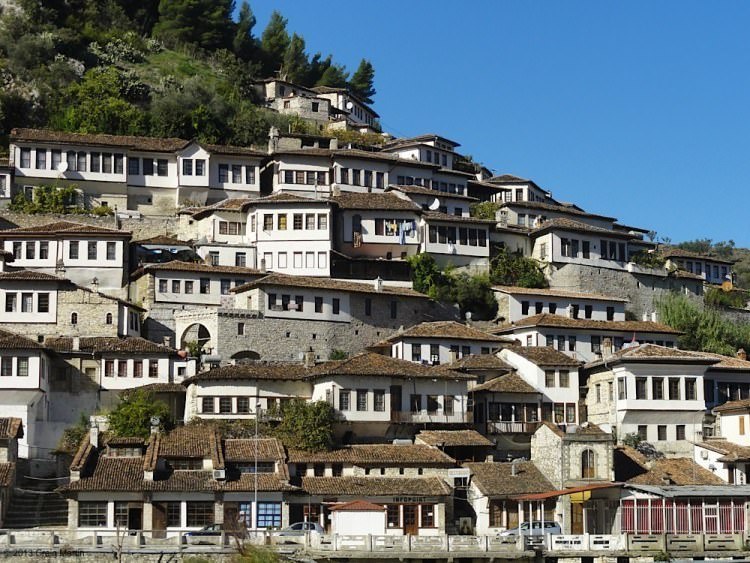
Housesit
If you don’t have a house but are happy to look after someone else’s, a housesit can be an excellent choice. We love housesitting as it gives us a chance to live like locals while saving on accommodation costs. Sign up for Trusted Housesitters here.
Hotel
Finally, there’s the hotel. It definitely isn’t the budget option, but you can often find a good deal by looking at websites like booking.com, lastminute.com or wotif.com — make sure you check out what facilities are available before you book. Although you’ll get a private room with ensuite, hotels are quite impersonal, and it’s difficult to meet other travellers even if there’s a bar. I also found that I have higher expectations of hotels, and am often disappointed at what I get for the price I pay.
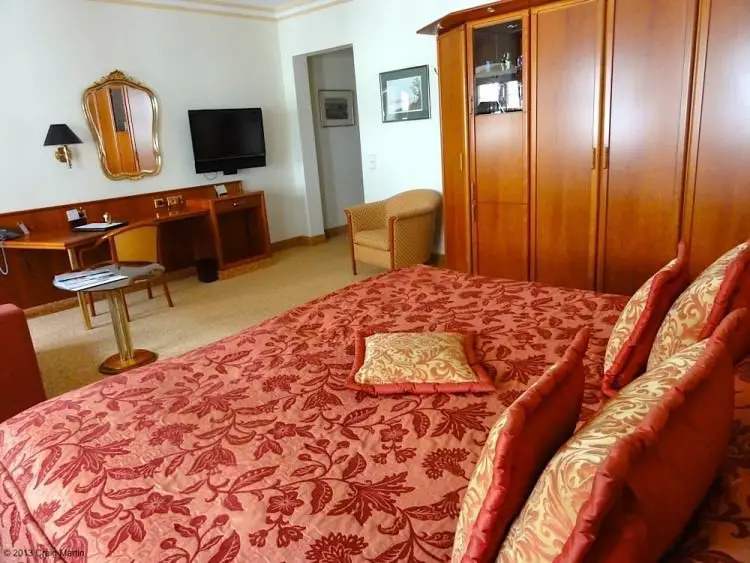
Wherever you choose to sleep, make sure you take advantage of what your accommodation has to offer — have a spa bath if you’ve got one in your hotel room, hang out in the hostel lounge or swim in the holiday park’s pool. But above all, enjoy yourself!
Travel accommodation podcasts
Want to listen to us talk about accommodation for travel? Hit play below or subscribe in iTunes or another podcast service.
Episode 255: Travel accommodation options podcast
Episode 265: Where to stay when you travel
